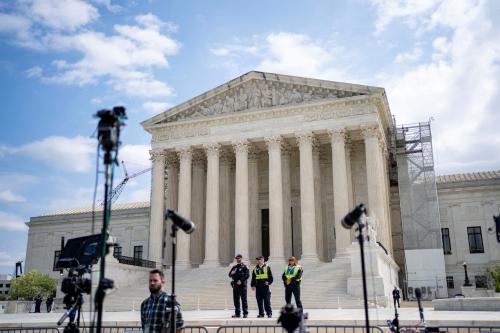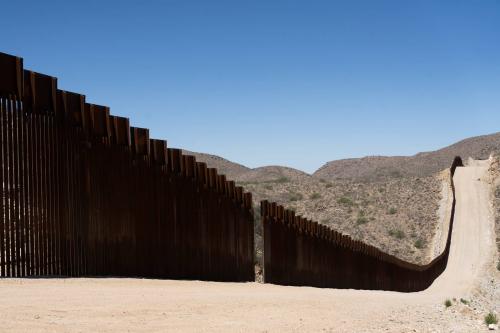In recent years, relations between the International Criminal Court (ICC) and the African Union have been crumbling. Relations between the two were once solid with strong support from AU member countries. The ICC has had support from African countries because of the court’s ability to prevent Rwandan genocide-type atrocities and ease power differentials between small and large African nations in international trial situations.
Brookings nonresident scholar, John Mukum Mbaku, discusses the rising tensions between the ICC and African countries in his contribution to Foresight Africa, a collection of short briefs on the top challenges and opportunities for Africa in 2014.
According to John Mbaku, some African countries see the ICC as quite problematic because of the perceived bias that the court brings mostly African criminal cases to trial. Other countries feel their sovereignty is threatened by the court. The African Union has gone so far as to ask member countries not to comply or cooperate with the ICC and has attempted (unsuccessfully) to withdraw from The Hague. A major trigger for these the recent issues with the ICC and African countries was the election of Uhuru Kenyatta as president of Kenya. Kenyatta was indicted by the ICC for crimes against humanity and for allegedly inciting ethnic violence following the highly disputed 2007 elections in Kenya.
John argues that repairing the ties between African countries and the ICC will be difficult, but might be possible through reforms to the ICC process and commitment to stronger judicial systems in African nations.
Read Foresight Africa 2014
, which details the top priorities for Africa in the coming year, to learn more about the prospects for strengthening international justice in Africa, and other critical issues for the region.



Commentary
Can the International Criminal Court and the African Union Repair Relations?
December 26, 2013